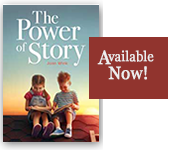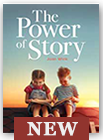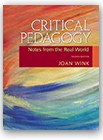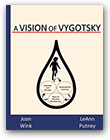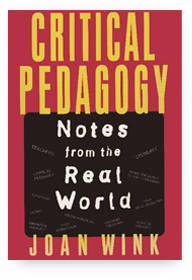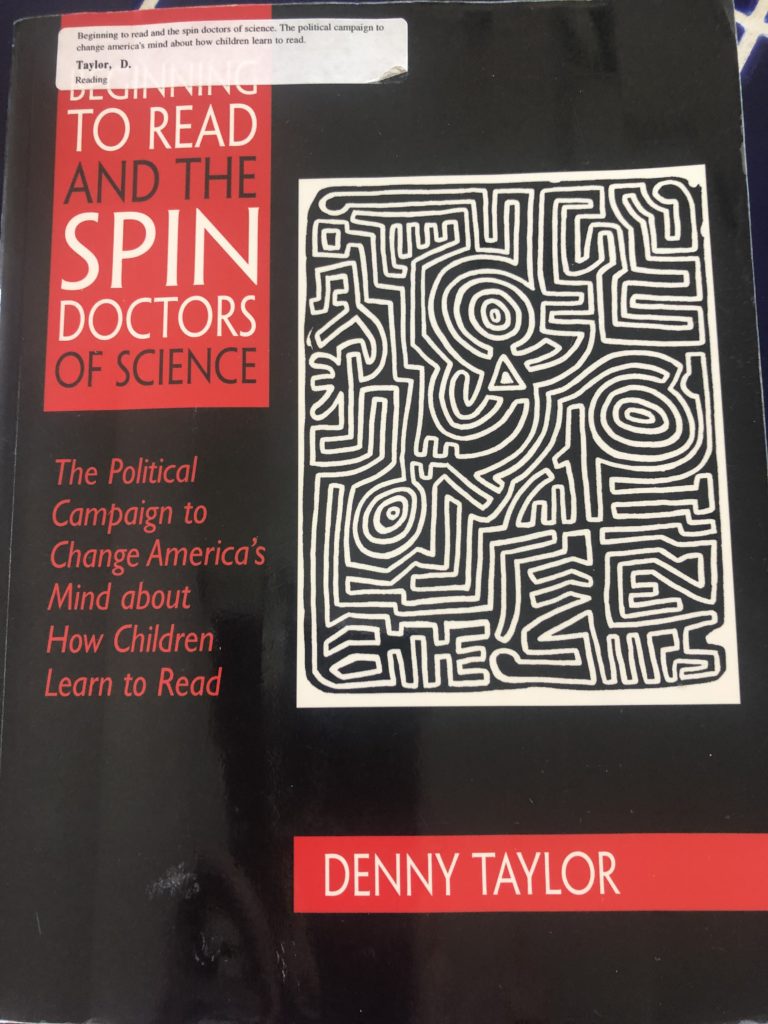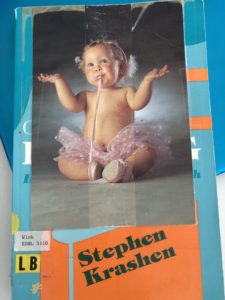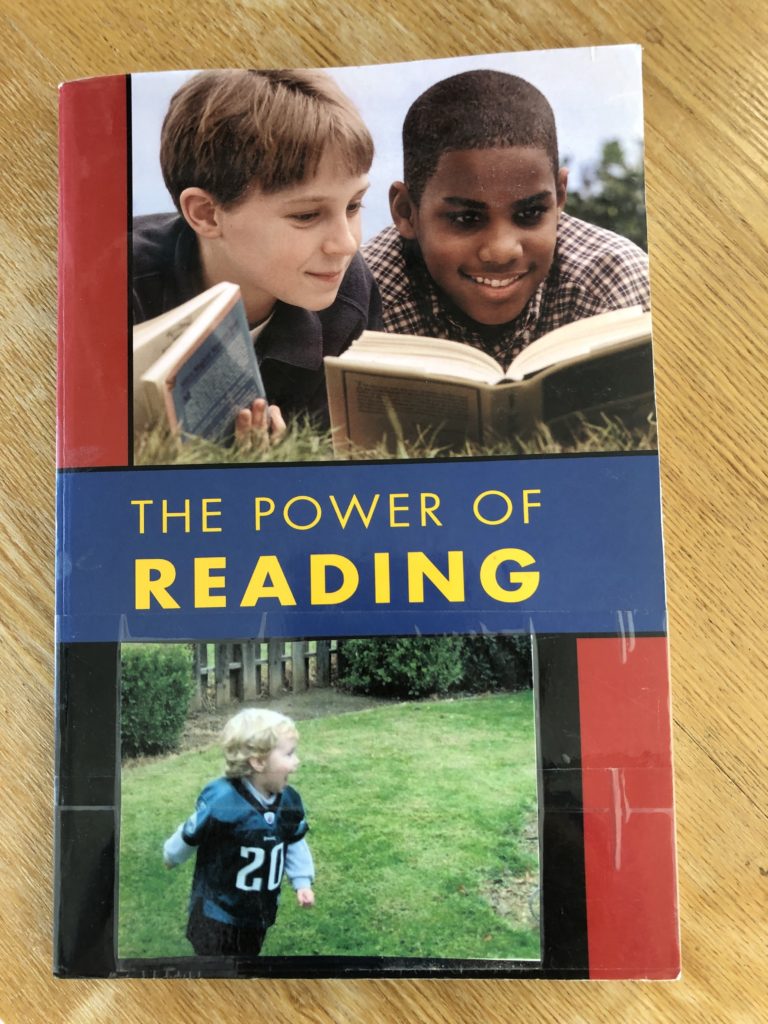Dear WinkWorld Readers,
Recently, I was included in a lengthy email dialog about literacy. This spurred me to want to share a little from the pivotal writing of Stephen Krashen (The Power of Reading, 1993) and Denny Taylor (Beginning to Read and the Spin Doctors of Science: An Excerpt). This post is specifically for teachers and families who care about kids and literacy. In a sense, I am reaching back to share forward.
Many in the world, including me, believe that literacy is a human right. Period. Many international agreements affirm this as a guiding principle; several are listed in the article posted HERE.
Please note that this is about literacy, not phonics and literacy. Phonics is a tool, one of many, which teachers can use to help young readers, as they learn to decode. Not all beginning readers need phonics–for example, sight readers are often confused and frustrated by phonics. I remember one of our grandsons who, in the spring of second grade, was in a classroom, and the teacher believed in phonic–only phonics. She had no other pedagogical tools to help kids learn to read. One problem, our grandson just did not “get it,” although we knew he could read and read very well. I will never forget the night at the kitchen table when he was supposed to read aloud to his family.
Painfully, he sounded out each letter correctly, yet he couldn’t put the sounds together to read the word, fight. Try it, as he did.
f – /f/ (He made the sound of the letter, f.)
i – /i/
g – /g/
h – /h/
t – /t/
He knew the sounds that the letters made, but he could not put them together to say the word, ‘fight,’ Nor could I. I knew that he knew the word, fight, when reading it in a book. We both sobbed. The next day, his mom pulled him out of school, and he spent the rest of the year on the couch reading Harry Potter. He returned in the fall to third grade, reading well above grade level. He continues to this day to read big, heavy books.
If you would like to know more about literacy, I think Krashen’s book, The Power of Reading, is a good place to begin. Here is a summary of the chapters, written by Deb Harrison, a teacher in Wyoming. Thank you, Deb.
(Click below, where it says Continue reading.)
The photo above is my copy of his 1993 edition–yes, I have been known to decorate book covers.
And, here is a fun Powtoons of The Power of Reading, which Deb Harrison also created for our understanding. Thanks again, Deb!
Below here I am posting a photo of Steve Krashen’s 2004 edition.
I believe that it might be helpful to understand the ideas in The Power of Reading before jumping into the real purpose of this blog post: literacy is a human right. Be wary of anyone who wants to make you doubt it.
Denny Taylor wrote a pivotal book (Beginning to Read and the Spin Doctors of Science: The Political Campaign to Change America’s Mind about How Children Learn to Read (1998) published by The National Council of Teachers of English) about the struggle involved to keep literacy as a human right for all. Thank you, Denny and NCTE. I have posted a photo of my copy at the beginning of this blog post. I did a search and found used copies of this book online.
If you do not have a copy, here is an excerpt which was previously published in Language Arts, thanks to David Taylor.
Denny continues her contributions to us all. See her recent podcast and webinar below.
A Walk in the Park–and, The Small Matter of Trying to Change the World (a podcast from NY Welsh)
Family Literacy in the Time of COVID-19
May 29, 2020
Literacy is dangerous (Moffett, 1989, p. 85).
Putting this WinkWorld together reminded me of one of my FAV quotes ever from James Moffett, and he said this in 1985.
Literacy is dangerous and has always been so regarded. It naturally breaks down barriers of time, space, and culture. It threatens one’s original identity by broadening it through vicarious experiencing and the incorporation of somebody else’s heart and ethos. So we feel profoundly ambiguous about literacy. Looking at it as a means of transmitting our culture to our children, we give it priority in education, but recognizing the threat of its backfiring, we make it so tiresome and personally unrewarding that youngsters won’t want to do it on their own, which is, of course, when it becomes dangerous…. The net effect of this ambivalence is to give literacy with one hand and take it back with the other, in keeping with our contradictory wish for youngsters to learn to think but only about what we already have in mind for them (Wink, 2011, pp. 70-71).
SUNY, Oswego, I promise you: You are next.
